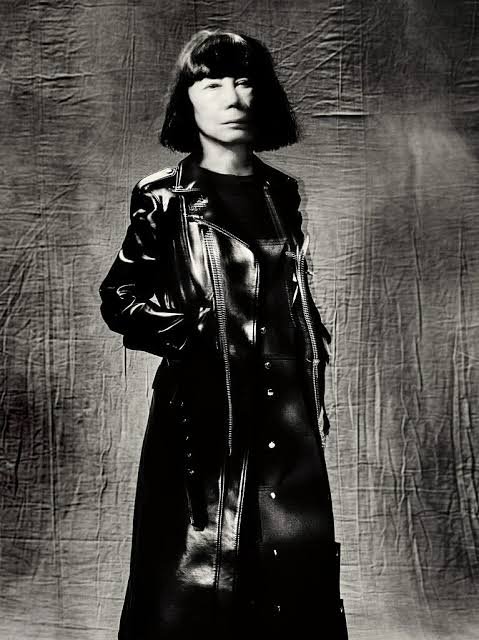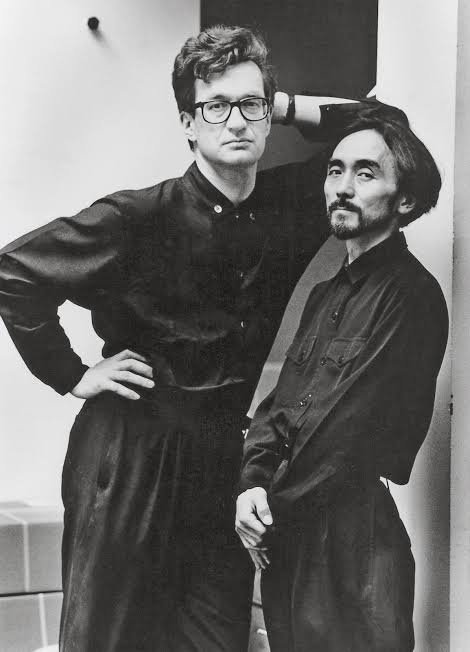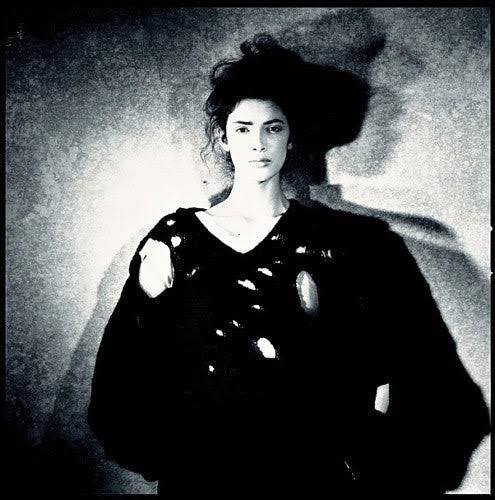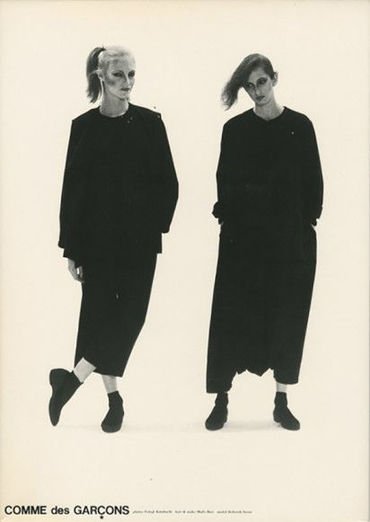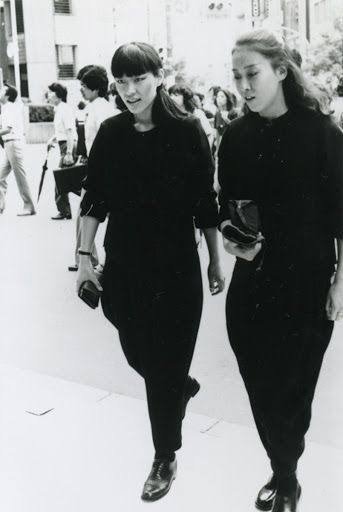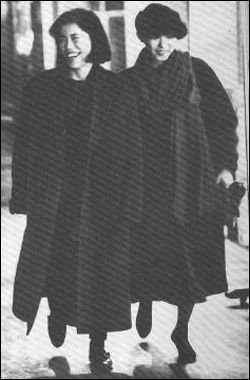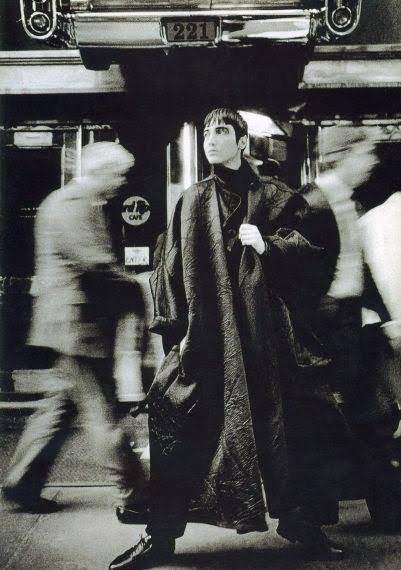KARASU-ZOKU (カラス族)
Karasu-zoku (‘crow tribe’) was a Japanese fashion subculture that consisted of wearing all-black, androgynous designer outfits and accessories. Lasting from 1982 to 1990, Karasu-zoku’s association with lauded designers Yohji Yamamoto, Issey Miyake, and Rei Kawakubo underscored the movement’s avant-garde sensibilities. Members of the Karasu-zoku soon developed the concept of ‘DC Burando’ culture - an obsession with clothing that incorporated insignia and other elements that clearly identified their designer. This allowed many of the Karasu-zoku designers to quickly reach cult fame.
Kawakubo and Yamamoto debuted their Paris collections in the spring and summer of 1982 to polarized reviews. Frayed hems, devastated edges, erratic sewing patterns and asymmetrical shapes signalled anti-fashion sentiments and hostility towards the form-fitting, pristine orthodoxy and emptiness of the Western fashion industry. Challenging the established notions of beauty, Kawakubo created an uproar at her debut show, where journalists labelled her clothes 'Hiroshima chic'.
Karasu-zoku emerged in response to the cute and feminine Kawaii aesthetic of the 1960s and 70s. It gave women a style choice independent of the male gaze. Dark, heavy silhouettes shrouded wearers in mystery and rejected societal expectations of male accessibility. More Japanese women, financially independent in the 1970s and 80s, opted to dress for individuality and not a romantic partner. Simultaneously, American influence helped popularize the idea of a new kind of independent woman, asserting power and personality in modest and comfortable clothes. Genderless fashion—a novel idea then—was embraced and fortified by Yamamoto and Kawakubo who designed for people who didn’t care what others thought of them. They gave defiant, non-conformists a new subculture to belong to.
Though the style is now considered inactive, its impact on the world of fashion can still be seen today - from high-end fashion shows in Paris to streets in Harajuku. While similar fashion trends are still around, the term is no longer used due to its base association with violent gangs and Boso-zoku.
